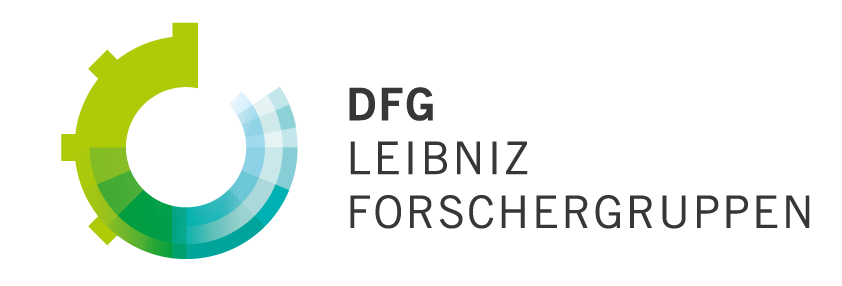The core issue of the present dissertation project is: How did the SPD change their political mobilization activities in the cities of Kassel and Frankfurt am Main throughout the 1980s and 1990s in the light of increasing social inequality and changing forms of political participation? Particularly in Kassel and Frankfurt, the manifold structural changes “after the boom” can be observed like in a magnifying glass. The economic changes led to the traditional working class increasingly facing the risks of unemployment and poverty. At the same time, even in Frankfurt, a city with a booming services industry, the tertiary sector hardly offered any future prospects to the traditional industrial workforce due to their lack of skills and the small number of available jobs that were also characterized by atypical employment relations. On the other hand, however, numerous citizens did benefit from the prospects created by the tertiary sector. This resulted in the establishment of different groups and their topics among the potential SPD voters. Further pursuing a traditional and growth-oriented economic policy, for instance, was increasingly conflicting with demands for ecologically sustainable politics. Thus, the SPD in the cities of Kassel and Frankfurt was more and more faced with the challenge of managing a programmatic balancing act, in order to politically integrate the different potential groups of voters. This was one of the reasons of the traditional working class feeling less and less represented by “their party”, which subsequently motivated them to stop political participation or turn towards populist alternatives. The aim is thus to study how the specific connections between increasing social inequality and loss of political participation in the specified local contexts are to be interpreted, and how the SPD reacted to that in terms of mobilization efforts.

 Deutsch
Deutsch English
English